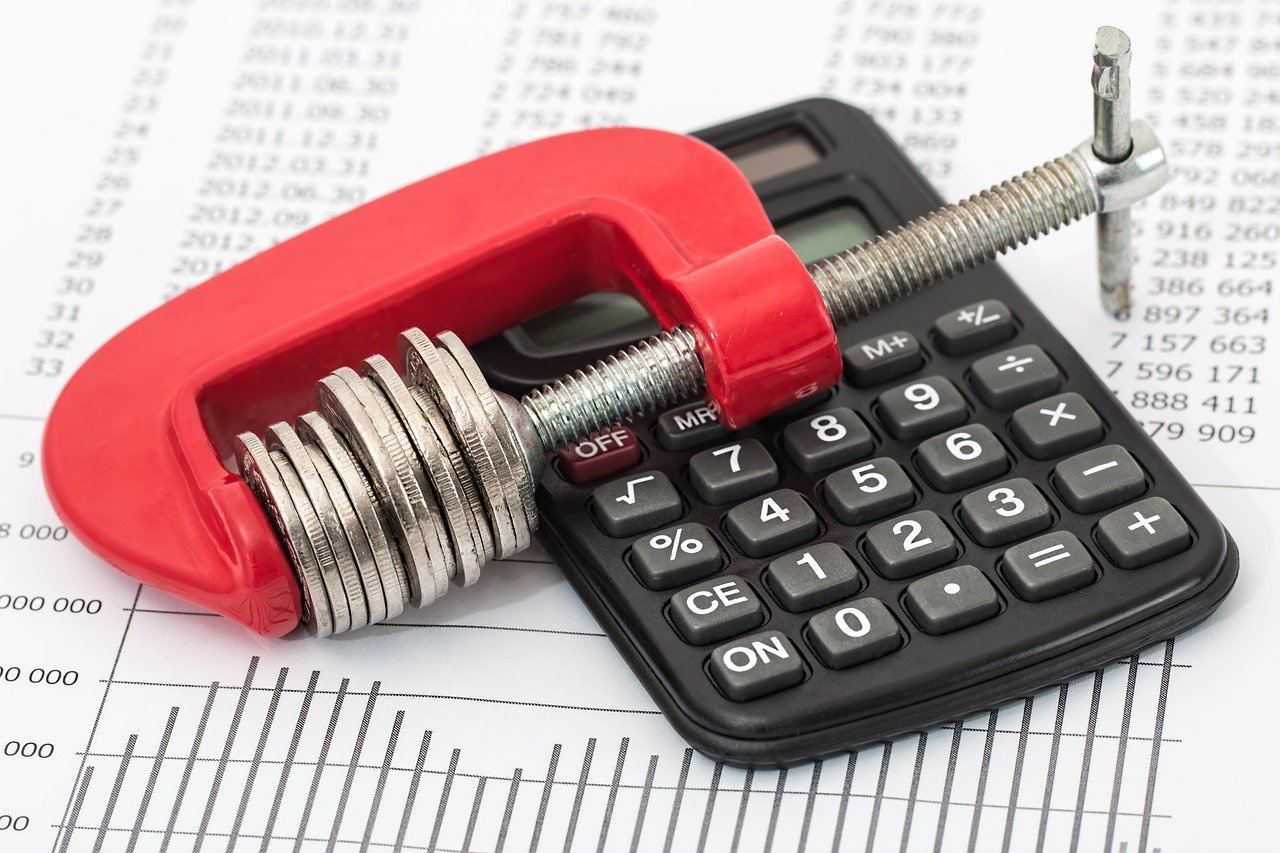If you receive a county court judgement (CCJ) it means a person or organisation, known as your creditors, believes you owe them money and is trying to retrieve it through the court system. A CCJ can only be used to recover debts between £600 and £5,000.
It’s a last resort. Both sides will usually try to settle the matter before it reaches this point. Your creditors would rather not go through the process and it can have a long term impact on your ability to get credit in the future.
If you’re struggling with debts and own a home, one possible solution is to attempt to sell your house fast to pay them off, which is something we can help you with.
Who can pursue a CCJ?
Almost anybody who believes you owe them money. Some companies will have other ways of recouping their money, mortgage lenders for example will attempt to repossess a home if someone isn’t paying off their loan.
However, if you have debts related to credit cards, store cards or payday loans, or you owe money to landlords or utility companies, that debt can be pursued with a CCJ.
Responding to a CCJ
As part of the county court judgement process, your creditors must have informed you they’re planning on starting legal proceedings before applying for a CCJ. This will give you an opportunity to settle your debt before it goes any further.
The first step in the CCJ process is receiving a court claim form. This details the money it is claimed you owe and asks you to fill in sections about your income and expenditure. Alternatively, you can submit a defence if you feel the claim is unfair. It’s a good idea to get some free debt advice to help you with this.
You must respond within 14 days of receiving the form, but you can apply for more time to build your defence if you need it. If you ignore the CCJ a judgement will be ordered without taking your circumstances into account.
Hearing from the court
Your judgement will detail how much you must pay and whether you must pay it straight away or in instalments. The more you have cooperated with the court the more likely you are to be allowed to pay in instalments. If you haven’t responded it’s known as a judgement by default.
However, you can still go back to the court and ask for changes to the judgement if, for example, it is more than you can reasonably afford. You can also apply for the CCJ to be cancelled altogether either because you’ve paid it off or you did not owe it in the first place.
What happens if you can’t pay?
As long as you comply with the judgement and keep up with payments no more action will be taken. But if you can’t or won’t pay there are several ways your creditors could ask the court to make you. These include:
- Bailiff action – when the court allows bailiffs to take possessions from your home or business to repay the debt. You can ask for this to be suspended if you agree to pay back the money.
- Attachment of earnings order – which asks your employer to deduct money to cover the debt straight from your earnings.
- Charging order – if you own a property this attaches the debt to it and could lead to you losing your home if you fail to pay.
Long-term impact of a CCJ
How long a CCJ lasts is a common concern. If you don’t pay off your debt within 30 days of getting the judgement it will go on your credit file for six years. This can make it much harder to borrow money. Lenders can perform a CCJ check which will flag up that you have struggled to pay the money back in the past and a judgement has been made against you.
If you pay off your debt during this time, it will go on your file that it has been satisfied which will go some way to repairing your credit rating. There are companies that specialise in providing a mortgage with a CCJ or CCJ loans, but the cost of borrowing will be more than usual.
Preventing a CCJ
The best way to avoid a CCJ, or have a CCJ stopped if it is already in progress, is to pay off your debts as soon as you can. That’s why it’s important to speak to a debt advisor about your situation, they will be able to talk you through the process and help you work out how to pay.
If you own a home one option is to sell it. We can help you do this quickly, getting you the funds you need to pay off your debts in as little as seven days if necessary. We’ve been buying homes for more than three decades and understand how to make it as stress free a process as possible, particularly when you are in an unsettling situation perhaps involving debt or divorce.
By selling your home quickly you’ll avoid additional mortgage payments adding to your financial strain. What’s more, there are no estate agents fees to pay when you work with us and we cover the cost of solicitors too.
If you think we can help you, please get in touch.









